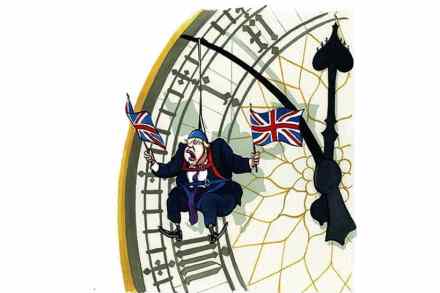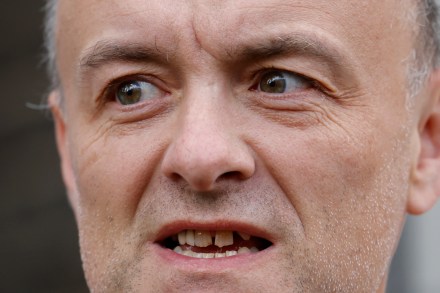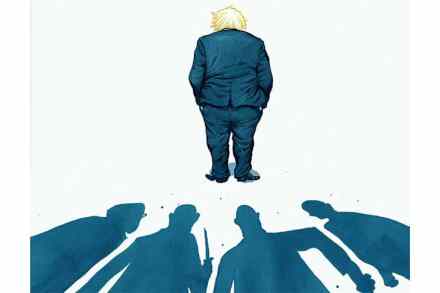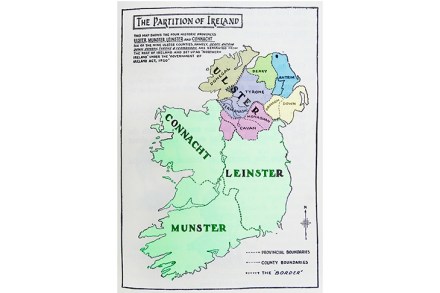Is Britain prepared for a different corona disaster?
Amidst the drama of Dominic Cummings’s appearance in front of MPs last week, perhaps the most important thing the PM’s former adviser said was almost entirely ignored. As well as slating his former boss, Cummings criticised the UK’s disaster planning. The pandemic has shifted attention to how Britain would deal in the future with another respiratory virus, but arguably a bigger threat to this country – and, indeed, the world – has been forgotten. When it comes to dealing with solar flares, Cummings’s said, ‘the current Government plan is completely hopeless. If that happens then we’re all going to be in a worse situation than Covid’. Cummings is right to be worried: the worst effects of a




















